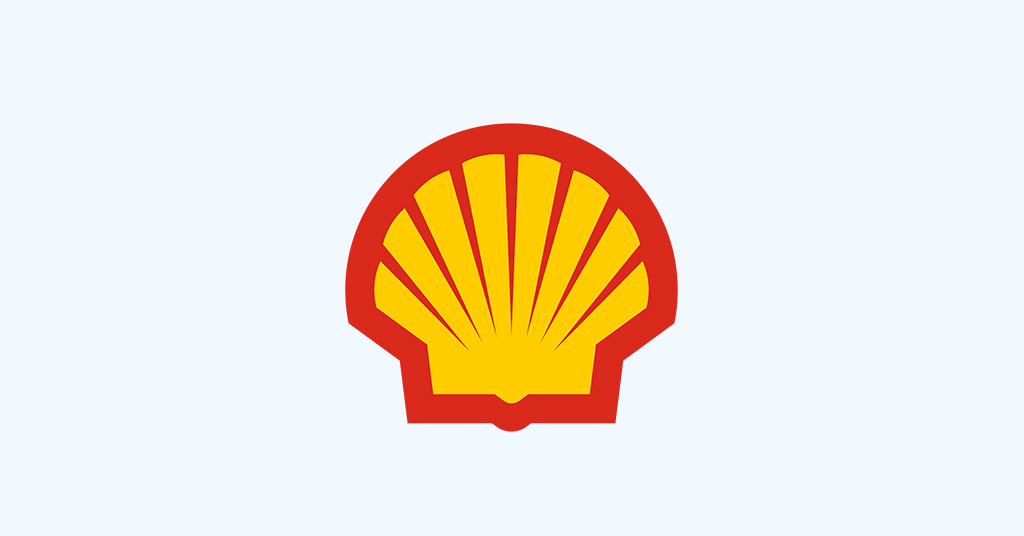Welcome To ChemAnalyst

Shell's departure from Nigeria's onshore oil sector has not only underscored the challenges faced by major oil companies in Africa's largest exporter but has also instilled hope that local firms could reverse the declining output in the Niger Delta.
As a trailblazer in Nigeria's oil industry, Shell's exit from the Delta region, plagued by pollution, oil theft, and pipeline vandalism, is a significant development. These longstanding issues have hindered investment, curtailed production, and strained government finances for years. The recent sale of its subsidiary to mostly local firms aligns with the ongoing trend of Western energy companies divesting from onshore Nigerian oil fields. Exxon, Italy's Eni, Norway's Equinor, and China's Addax have all entered into agreements to sell assets in the country in recent years.
The challenges faced by Nigeria's oil sector, including policy issues and foreign exchange concerns impacting investments, have contributed to the exodus of major players. President Bola Tinubu, who assumed office last May, pledged to address obstacles faced by producers, including crude theft and pipeline vandalism. However, the ongoing asset sales, initiated before his election, highlight the continual transformations in the country's oil sector.
A decade ago, Shell's share of production in Nigeria stood at 300,000 barrels of oil equivalent per day (boed), but by 2022, it had declined to 131,000 boed due to sabotage and theft in the Niger Delta.
Experts in the industry argue that major oil companies such as Shell and Exxon, hoping to divest, had not allocated significant funds for the development of onshore assets, accelerating the decline in production. Roger Brown, CEO of Nigeria's Seplat Energy, points to reduced investments by majors in onshore assets for many years, attributing it to both local challenges and competition for cash with assets in more attractive regions.
While awaiting regulatory approval for its deal to acquire Exxon's onshore assets, Seplat, along with other local firms like First E&P and Heritage, has managed to increase production and reduce oil spills on assets purchased from Shell. However, challenges persist for some local firms, such as Aiteo Eastern E&P and Eroton Exploration, grappling with leaking pipelines and oil spills.
Richard Bronze, head of geopolitics at London-based Energy Aspects, raises concerns about the financial capabilities of local firms compared to oil majors, which could impact future output. Despite this, Roger Brown highlights the availability of capital from local banks, international lenders, and oil traders, even if not as cheap as from major oil companies.
Shell's exit from Nigeria's onshore oil sector represents a turning point with both challenges and opportunities for the country's oil industry. The local firms stepping in face hurdles but also possess the potential to revive production and address longstanding issues in the Niger Delta. The evolving dynamics in Nigeria's oil sector underscore the need for strategic adaptation and collaboration between local and international players to navigate the complexities and uncertainties in this crucial industry.
We use cookies to deliver the best possible experience on our website. To learn more, visit our Privacy Policy. By continuing to use this site or by closing this box, you consent to our use of cookies. More info.
